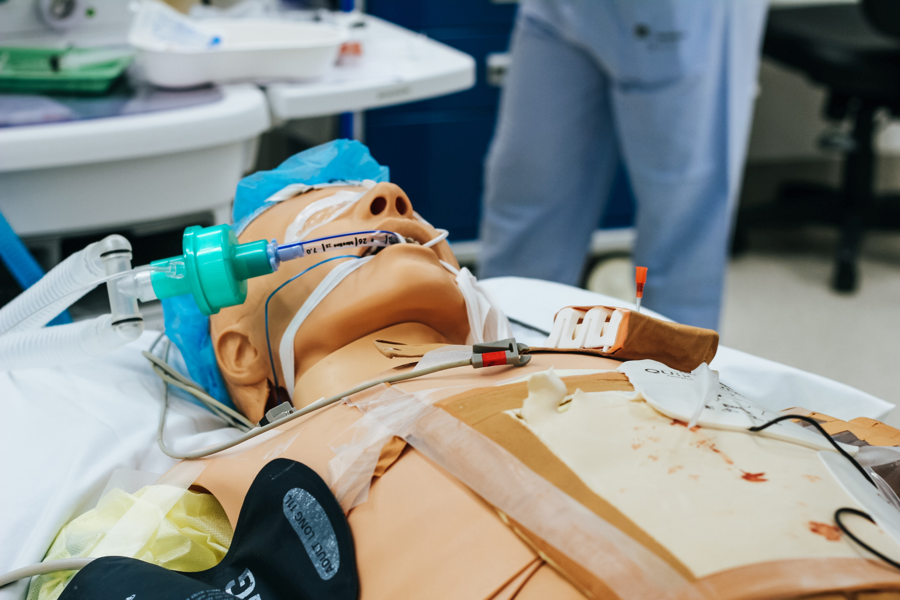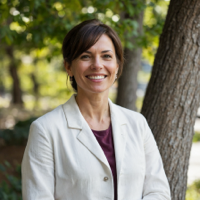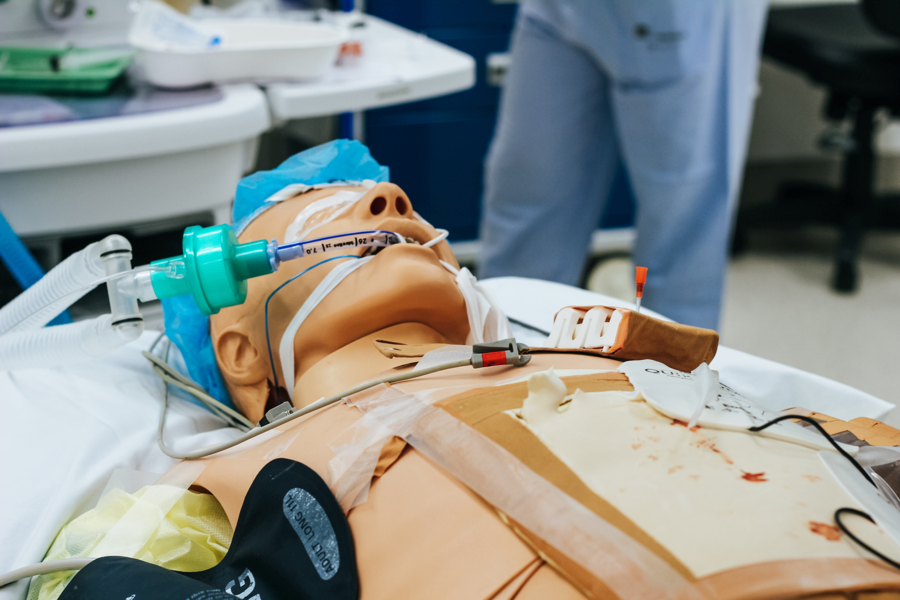
Nursing Programs
EveryNurse Staff
If you’re considering a career in nursing, choosing the right program is crucial. This guide provides a concise overview of nursing programs, from entry-level options to online and advanced degrees.

Table of Contents
Nursing programs, including online nursing degree programs, have opened a world of possibilities for aspiring nurses and current practitioners seeking to advance their careers. These programs cater to a wide array of learners, from those seeking their initial certification to seasoned professionals looking to specialize or ascend to leadership roles.
Types of Nursing Programs
Nursing programs offer diverse degrees to cater to different career goals and professional backgrounds. At the entry-level, you’ll find programs leading to Certified Nursing Assistant (CNA), Licensed Practical Nurse (LPN), and Registered Nurse (RN) credentials. Each requires specific training hours and exams, with RN credentials obtainable through either an Associate’s Degree in Nursing (ADN) or a Bachelor of Science in Nursing (BSN).
For those seeking to ascend to higher-level positions, advanced degrees such as the Master of Science in Nursing (MSN) prepare nurses for roles as Nurse Practitioners (NPs). These programs typically take 2-3 years to complete and require approximately 1,000 hours of clinical experience. It’s worth noting that a BSN is often a prerequisite for administrative, supervisory, and certain public health positions within the nursing field.
CNA Classes
CNA classes are typically offered by technical schools, community colleges, and private career colleges. CNA programs are typically offered at the certificate level and take four to 12 weeks to complete. Students enrolled in a CNA program learn to perform a wide range of duties, including assisting patients with daily activities such as eating, bathing, and dressing; monitoring a patient’s condition; reporting changes in the patient’s condition to a nurse or physician; and transporting patients to diagnostic tests.
ADN Programs
The two-year Associate Degree in Nursing (ADN) is typically offered by community colleges and technical schools. ADN programs are designed to teach students how to provide basic bedside care for patients, monitor vital signs, administer medications, assist in surgery, and educate patients on health maintenance.
The ADN degree qualifies graduates to take the National Council Licensure Examination (NCLEX–RN), which is required to become a registered nurse. After earning an ADN, many students find entry-level work as nurses, while others continue their education with a bachelor’s degree, which opens up additional career options in management and administration.
BSN Programs
MSN Programs
Master’s degree programs are intended for nurses who wish to practice in advanced practice registered nursing (APRN) roles. A master’s degree program typically requires at least two additional school years after earning an ADN or BSN.
Master’s programs are available in a number of areas, including APRN roles such as nurse practitioners, nurse midwives, and nurse anesthetists. In addition to preparing students for advanced nursing roles, master’s programs also prepare graduates to continue their education with a doctoral degree.
DNP Programs
Ph.D. in Nursing
What Nurses Say About Nursing School
After four years of applying to nursing schools, I was finally accepted into an ADN program. I was excited but also unsure of what I had gotten myself into. The journey has been challenging and certainly no walk in the park, but incredibly rewarding. My program has prepared me, building my confidence and showing me that I can do much more than I believed. I am truly grateful for my time in nursing school.

Brooke C.
Registered Nurse

Erin S.
MSN, RN, AGPCNP-BC
From a young age, I was drawn to the medical field. When I was five, my mother battled breast cancer, which was my first introduction to the hospital world. My youngest brother has epilepsy and had a seizure when I was in high school. After these experiences I knew that nursing was what I want I wanted to do and that I would go on to become a nurse. I chose to pursue my Bachelor of Science in Nursing (BSN) and it was the best decision of my life.

Lanh D.
RN, BSN
Nursing Programs Online
Online nursing programs are a flexible and affordable option for nurses with responsibilities, such as full-time employment, making it difficult to attend traditional classes in person. Online programs offer the same high-quality nursing education and curriculum that students receive from regular programs, with the added benefit of working toward a degree from any location with an Internet connection.
Alternative Degree Paths
Accelerated Nursing Programs
Accelerated nursing programs are designed to help students earn their Bachelor’s in Nursing (BSN) or Master’s in Nursing (MSN) in less time than traditional programs. For example, a student holding an Associate’s Degree in Nursing may complete their BSN degree in 12-18 months instead of four years by enrolling in an accelerated BSN program.
Accelerated nursing programs are far more intensive than traditional options. Classes are typically held on weekday evenings and weekends, allowing students to earn their degrees while working full-time. Additionally, students can often transfer credits earned from previous college coursework, which may significantly reduce the total number of credits required to graduate.
Second Degree Nursing Programs
Second-degree nursing programs, or direct-entry nursing programs, are designed for students with a degree in a non-nursing field to pursue a career as a registered nurse (RN) or advanced practice registered nurse (APRN). These programs allow students to earn a Bachelor of Science in Nursing (BSN) or Master of Science in Nursing (MSN) without first earning an undergraduate degree in nursing.
Second-degree programs are typically shorter than traditional options, lasting between one and two years for the BSN and two to three years for the MSN.










